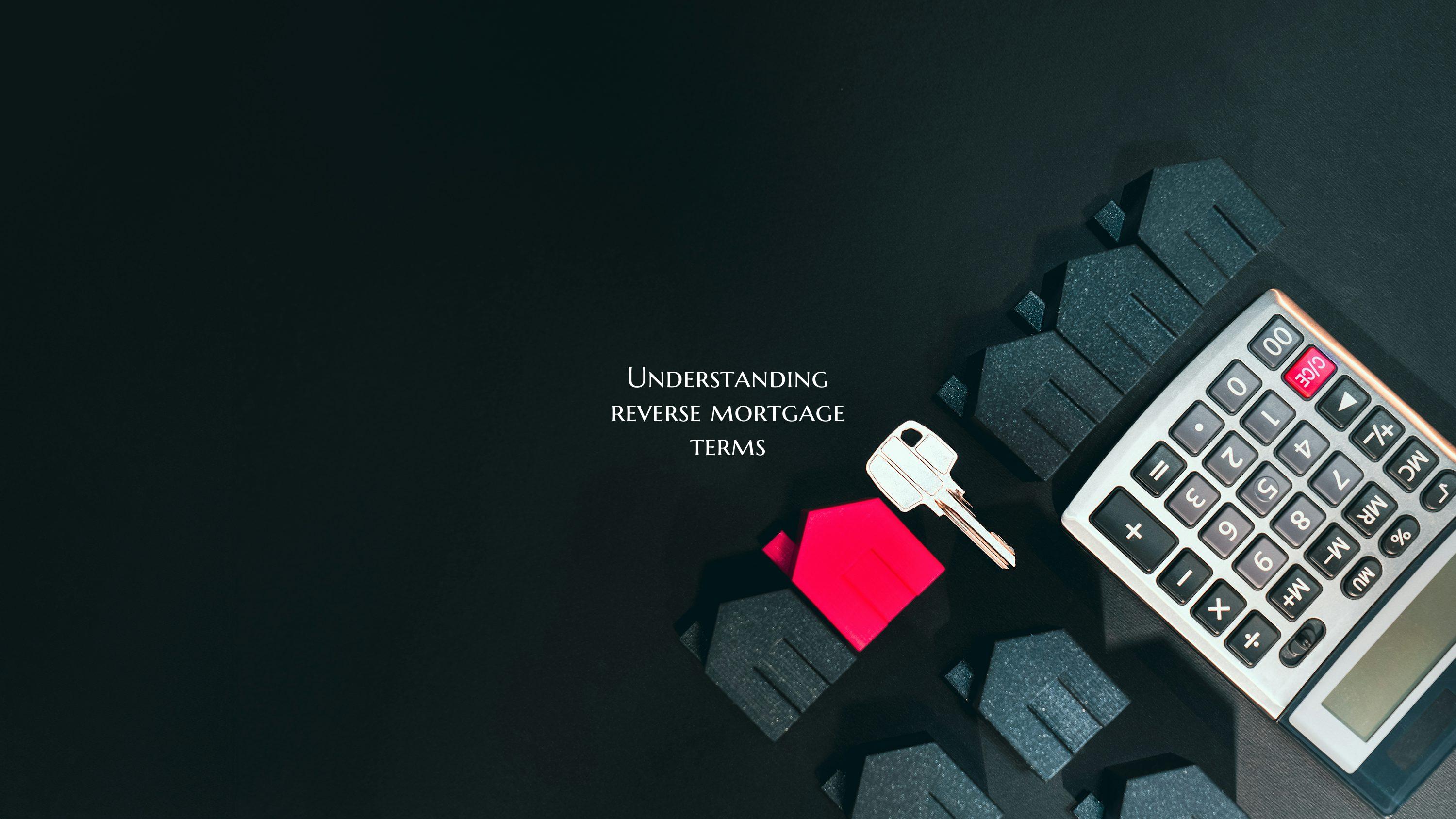Understanding reverse mortgage terms

When it comes to financial planning for retirement, understanding the terms associated with a reverse mortgage is essential. A reverse mortgage is a type of loan that allows homeowners aged 62 or older to convert part of their home equity into cash without having to sell their home. To grasp the concept fully, here are some key terms you should be familiar with:
1. Home Equity: Home equity refers to the value of the homeowner's interest in their property. It is calculated by subtracting the outstanding mortgage balance from the current market value of the home. The higher the home equity, the more funds may be available through a reverse mortgage.
2. Principal Limit: The principal limit is the maximum amount of funds that a homeowner can borrow through a reverse mortgage. This amount is determined by factors such as the age of the youngest borrower, the current interest rates, and the appraised value of the home.
3. Loan Balance: The loan balance is the amount of money owed to the lender, including the initial loan amount, any interest accrued, and any fees associated with the reverse mortgage. This balance increases over time as interest accrues on the loan amount.
4. Interest Rate: The interest rate on a reverse mortgage can be fixed or adjustable and affects how quickly the loan balance grows over time. Understanding the interest rate is crucial in predicting the long-term implications of taking out a reverse mortgage.
5. Closing Costs: These are fees associated with the origination and closing of the reverse mortgage loan. Common closing costs include appraisal fees, title insurance, and loan origination fees. Homeowners should be aware of these costs when considering a reverse mortgage.
6. Non-Recourse Loan: A reverse mortgage is a non-recourse loan, which means that the lender can only recoup the loan amount from the sale of the home. If the loan balance exceeds the home's value, the lender cannot seek additional payment from the borrower or their heirs.
Understanding these key terms is crucial for making an informed decision about whether a reverse mortgage is the right financial option for your retirement planning. It's important to consult with a financial advisor or mortgage specialist to explore all aspects of a reverse mortgage and determine if it aligns with your financial goals and needs.
